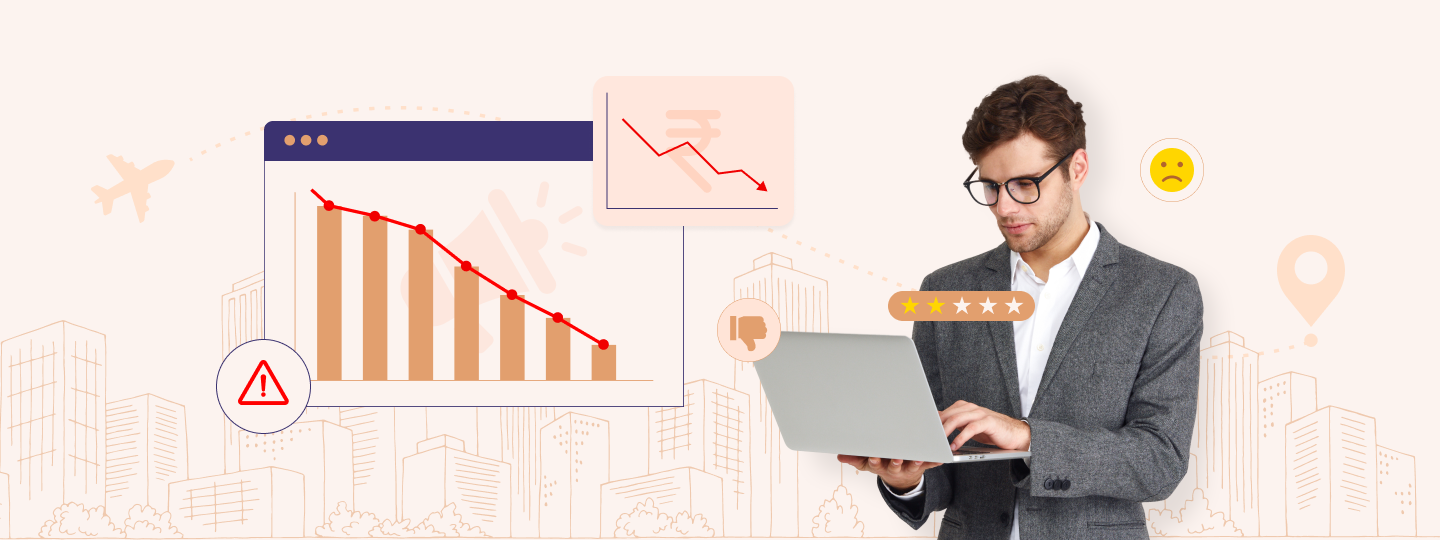Businesses heavily focusing on website personalization and not mobile app personalization are missing out on engaging a large user segment.
Consider this: Global smartphone users marked an annual 4.2% increase. And consumers spent over $170 billion on mobile apps in 2021; on average, each user has about 48 apps installed on their smartphone across different categories.
The rising competition is obvious. As of October 2022, the gaming sector saw a massive 65.87% of app uninstalls, followed by social media apps, education, and finance sectors.
App uninstalls and high churn rates are endemics most businesses accept. But it doesn’t have to be this way. Personalization lets you stay ahead in the game.
This article shows result-driven strategies and industry-wide examples to personalize your mobile app.
What is app personalization, and why is it important?

App personalization means developing a mobile app that matches the target user’s needs and expectations. The main intention behind mobile app personalization is to offer customized experiences to each user.
- To raise awareness — Personalization led by understanding each user’s likes and dislikes enhances the
app user awareness around your products, services, and overall brand. - Increases user retention — User retention is more sustainable than acquisition. Customizing app messaging, offers, and recommendations increase the chance of a user returning to your app repeatedly.
- Improve customer experience — 21st-century customers have unique preferences and tastes. Gone are the days when generic app customization worked. Personalized mobile apps care for users’ unique expectations and improve their experience, making it convenient and seamless.
- Better engagement and conversions — The right personalization strategy adds a human touch to otherwise robot-like app interactions. User-friendly and tailored content boost healthy engagement and conversions.
- Boosts in-app purchases — A hyper-personalized product recommendation or in-app discounts and push notifications, for instance, can quicken the user’s decision to finish a purchase.
- Increases brand loyalty — Loyal customers are the biggest assets businesses can have. And customers are only loyal to brands that understand their needs. Mobile personalization encourages customers to return to your site and perform repeated actions.
Collecting user data is the first stepping stone to personalization, and mobile apps are already doing this. But it all boils down to how efficiently you put this data to use. Let’s now discuss the eight best strategies that can set your brand apart.
App Personalization Strategies That Can Boost Your Sales
1. Optimizing user onboarding
Did you know that over 56% of users uninstall apps within seven days of installation? So the first few days post-installation is super critical to convincing users. And the best, most useful way to do this is by optimizing user onboarding.
Here’s how you can ensure user onboarding is optimized:
- Ask users for their preferred login name post onboarding.
- Send free plan upgrade notifications for the first month.
- Offer exclusive discounts for their first transaction.
- Provide valuable resources like guides, FAQs, customer support, etc.
FamPay saw a 2x improvement in the onboarding funnel through app personalization as one of its main strategies.
The brand worked alongside WebEngage’s Onboarding experts to understand user events and their importance. Later, the company ran multiple campaigns to optimize user onboarding using custom channels like app notifications, SMS, and WhatsApp.
A/B testing strategies and multiple iterations helped improve their user engagement, too.
2. Personalize push notifications
Push notifications can be valuable and, at the same time, annoying for users. Personalization is the best way to transform irrelevant mobile push notifications into useful information.
Personalization based on user locations, demographics, interests, and browsing histories is among the many popular ways to tailor push notifications and increase engagement.
Here are some brands using personalized push notifications the right way:
Duolingo sends a personalized mobile push notification to users who’ve been inactive or haven’t returned to resume an active course in a while:
Uber’s captivating and personalized push notification that addresses users by their first names:
Amazon Business’ reminders based on browsing and app-usage history:
3. Personalize in-app messages
Unlike push notifications, in-app messages are what your users receive while using your mobile app. So leveraging such in-app personalization strategies can fasten conversions.
How can you personalize in-app messages? Start by addressing each user by their first name, followed by tailored recommendations based on their transaction or browsing histories, custom offers, coupon codes, etc.
Netflix does this best by tailoring in-app recommendations based on user’s interests:
Other creative and customized in-app messages on Netflix include a list of the top 10 movies in the user’s country, shows/movies to continue watching, and the most-watched series/movies in the user’s location.
4. Personalize in-app offers
Create in-app offers that fit the user’s tastes and transaction histories. Say they’re regular furniture buyers, customize an in-app offer just for them on your latest furniture and improve the chance of an in-app purchase.
Download Impact Story : Check how Toppr grew their conversions by 133% through personalized campaigns
Flipkart’s in-app offer targets first-time grocery customers with an exclusive, one-time discount:
5. Location-based marketing
Location-based marketing is a popular tactic amongst food-tech brands that use a mobile phone’s location to alert users about ongoing offers and deals.
Businesses can use push notifications, SMS, or emails to notify users. Such real-time alerts push customers to act on them while offering a sense of gratification.
Starbucks is popular for its location-based push notifications like the one below:
6. Personalized product recommendations
Product recommendations, when personalized, can reduce app exits and uninstalls as it means that you understand the user’s behavior and interests inside out.
Product recommendations can help businesses drive higher conversion rates and boost in-app sales.
India’s largest travel company, MakeMyTrip, offers recommendations for luxury stays around the user’s vicinity and understands tastes based on previous transactions. A tailored list such as this makes it easier for the user to browse through products and make a decision quickly:
7. Personalize pricing
Personalized pricing is a form of dynamic pricing that businesses can set based on the user’s behaviors, interests, and purchase histories. Such individualized prices can help attract confused buyers.
The EdTech industry is famous for its custom pricing based on user demographics. For instance, most courses run a freemium model (free course followed by a paid certification) for students, discounted prices for long-term customers, a separate pricing model for corporate employees, and more.
8. Localization
Localization refers to the process of adapting your mobile app and its content to meet a user’s specific region, culture, language, etc.
With localization, you must also work to improve your app’s UI/UX, for instance, translating text to a regional language, using different date formats, currencies, payment methods, and so on. Doing so ensures a smooth journey toward in-app user conversions.
App localization is quite popular in the gaming industry. Here’s a snippet of an international mobile game with Arabic subtitles:
Bonus: Personalize how you communicate outside the app as well
Personalize your communication outside the app to build a complete sales engine.
Contextual app personalization and engagement work twice as better when combined with other powerful digital channels, such as WhatsApp, emails, SMS, and retargeting ads. Further, use these channels to promote your mobile app and drive more traffic to it.
Conclusion

App personalization that covers the entire customer lifecycle is a major differentiating factor between you and your competitors. With brands across industries pacing to launch their mobile apps, it’s more important than ever to personalize apps and experiences.
The right form of personalized strategies in and out of the app impacts your sales growth.
And WebEngage is your answer to delivering a complete personalized user experience inside and outside your mobile app.
Deliver Meaningful Messages For Your Business Today. Take a demo now.






























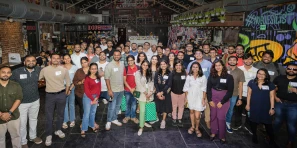
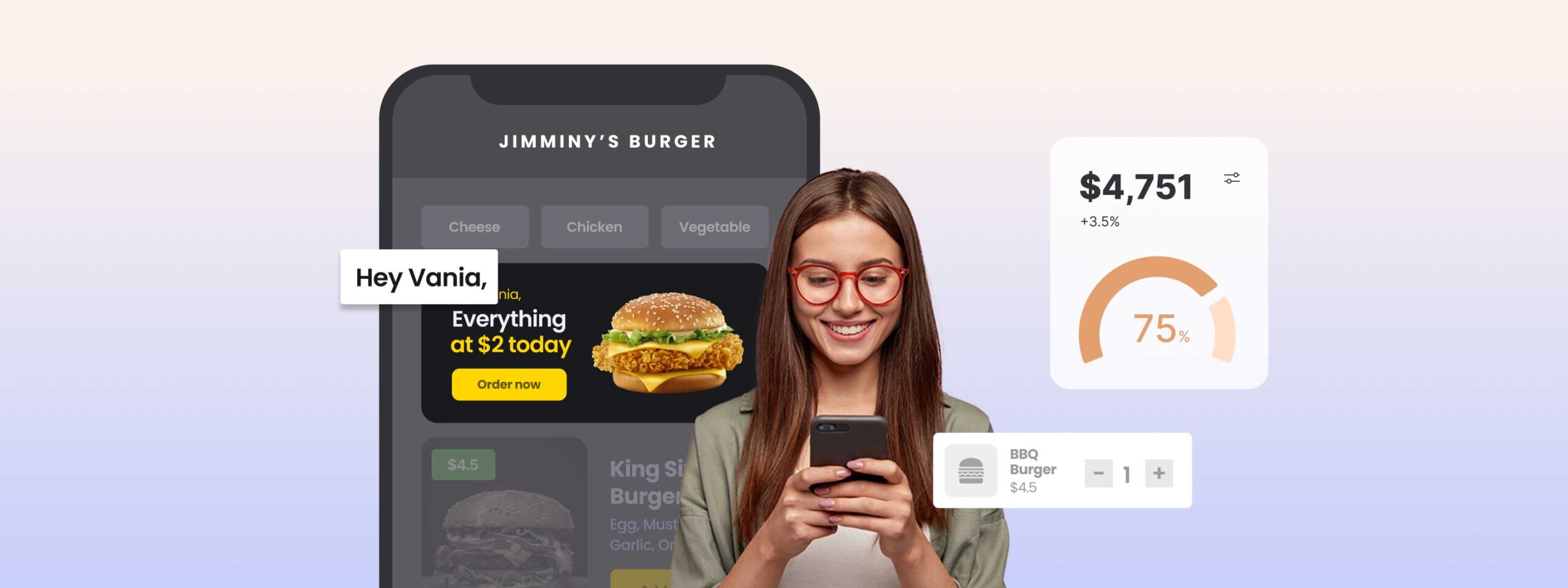

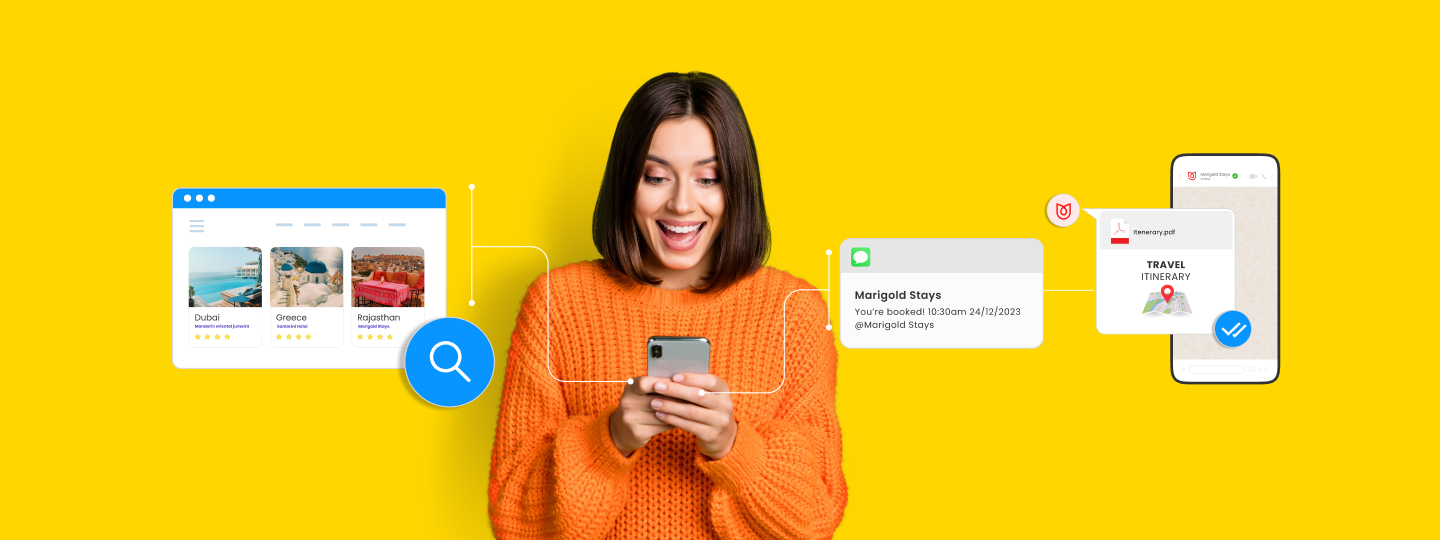
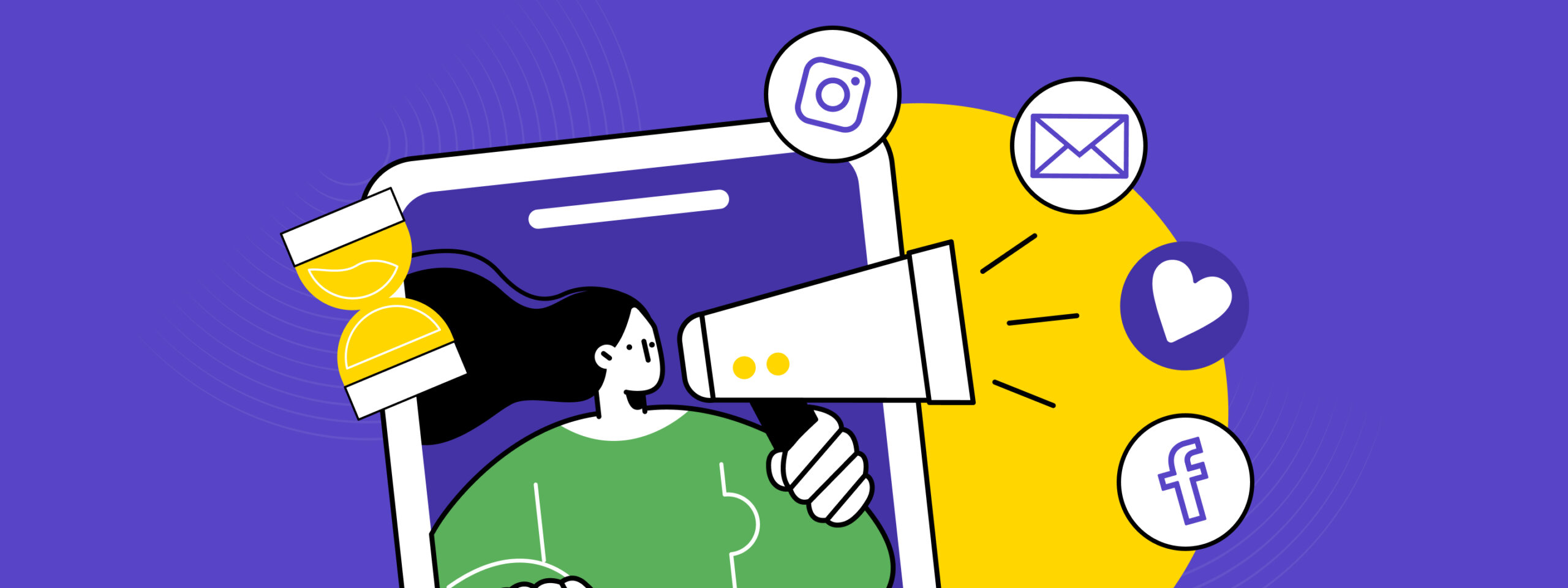
 Surya Panicker
Surya Panicker